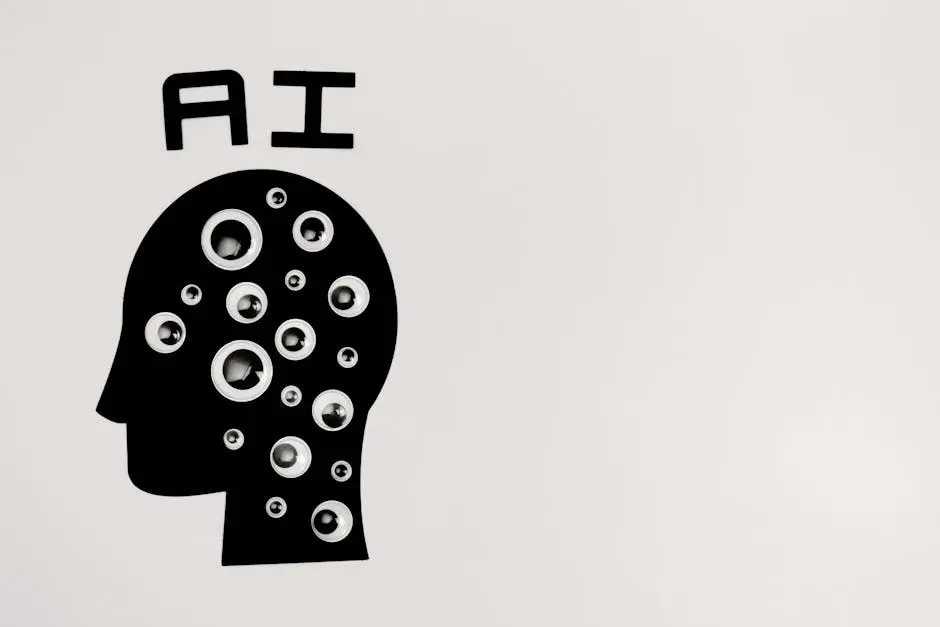In today’s ever-evolving financial landscape, debt collection remains a critical component for organizations. However, traditional methods often come with a host of challenges. Enter AI scoring, a modern solution designed to tackle these inefficiencies. In this blog, we’ll explore how AI scoring is transforming the debt collection process and making it more efficient, fair, and successful.
1. Understanding AI Scoring
AI scoring involves using machine learning algorithms to assess and categorize debtors based on their likelihood to repay. This method brings a precise and unbiased approach to the debt collection process. It ensures that hard data, rather than subjective judgment, informs assessments, making it a revolutionary step towards fairness. As noted in Is AI the answer to better debt collection?, AI aids in understanding debtor behavior through innovative means. By recognizing repayment patterns and probability, AI helps agencies focus their efforts precisely where they’re needed most.
Traditional debt collection often relied heavily on generalized data and gut instincts, but with AI, the process becomes much more sophisticated. This shift towards data-driven insights allows for an understanding of not only when a debtor might pay but also how best to communicate with them. This personalization aspect is crucial, providing debtors with engagement strategies that reflect their unique circumstances, leading to improved outcomes.
2. Enhancing Efficiency
By automating the scoring process, AI eliminates manual errors and biases, ensuring faster and more accurate assessments, ultimately saving time and resources for collection agencies. AI-driven tools eliminate the need for tedious data entry, allowing managers to reallocate manpower to more strategic tasks. By deploying AI, companies not only boost their operational efficiency but also reduce the time required to process a debtor profile, speeding up the entire collection cycle.
AI systems are designed to continuously learn and adapt, refining their algorithms based on new data inputs. This adaptability means that as new debtor information becomes available, AI can swiftly update its scoring models to reflect these insights. As suggested in The Power of AI in Debt Collection, streamlined processes through AI bring about optimized results that maximize resource utilization.
3. Improving Customer Relationships
AI scoring allows for tailored communication strategies with debtors, facilitating more empathetic and understanding interactions, leading to better customer relationships and higher recovery rates. This personalized approach ensures communications are respectful and considerate, thus nurturing trust and cooperation, which are essential for successful debt recovery.
With debtors more likely to respond positively to communications that feel personal and less automated, they also become more willing to engage in negotiations. AI’s ability to segment debtors and tailor strategies to individual profiles not only fosters positive interactions but also enhances an agency’s reputation.
4. Maximizing Recovery Rates
With AI’s ability to analyze vast amounts of data, debt collectors can optimize their strategies, focusing efforts on high-probability cases and improving overall recovery rates. By strategically directing resources toward cases likely to result in successful collections, agencies can ensure they are putting effort into actions that will yield higher returns.
AI helps to minimize risks and uncertainties by predicting debtor behavior effectively. By doing so, it enables businesses to manage debt collection effectively and strategically, adapting proactively to any potential hurdles. As indicated by CollectABILITY’s IntelligentDebt Algorithm, optimizing recovery strategies leads to sustainable engagement and accelerated recovery rates.
5. Reducing Collection Costs
AI scoring significantly cuts down on operational costs by streamlining processes, reducing the need for extensive manpower and lowering financial expenditure on collections. Automation through AI removes mundane, repetitive tasks from the hands of human workers, allowing them to focus on more value-added activities.
6. Predictive Analytics in Action
Using predictive modeling, AI can foresee potential payment behaviors, allowing organizations to proactively manage and mitigate risks before they escalate. This foresight empowers collection teams to prepare for possible debtor defaults and devise contingency plans, lessening the detrimental impact on financial recoveries.
Predictive analytics taps into historical data and trends to foretell future outcomes. When applied to debt collection, it becomes a powerful tool for organizations to refine their strategies, mitigating risks effectively. Innovations like these put the power of data into the hands of agencies, enhancing their ability to decide swiftly and accurately.
7. Mitigating Bias in Debt Assessment
AI scoring systems are designed to operate without human biases, providing a more equitable and objective evaluation of each debtor’s situation. This neutrality ensures that debtors are assessed fairly, leading to happier customers and more successful collections in the long term.
Traditional methods often unknowingly include human prejudices that influence decision-making. With AI, these biases are significantly reduced, allowing a fair assessment based on real data rather than assumptions.
8. Ensuring Compliance
AI systems can be programmed to conform to industry regulations and standards, helping organizations avoid compliance pitfalls and fostering trust. A robust system ensures that all data used complies with legal standards, reducing the risk of violations and enhancing trustworthiness.
9. Streamlining Negotiation Processes
By identifying key decision-making data, AI can facilitate smoother negotiation processes, providing tailored options that suit both the debtor and creditor. This personalized approach ensures solutions are realistic and achievable, resulting in mutually beneficial resolutions.
Negotiating debt settlements has historically been a complex and time-consuming task. AI alleviates this by delivering the data necessary for informed decision-making. It identifies the right paths for engagement, thus expediting negotiations and optimizing outcomes.
10. Future Prospects of AI in Debt Collection
As AI technology advances, its role in debt collection will continue to grow. Future innovations may bring even more refined and customer-centric solutions to the industry. The horizon is filled with possibilities where AI could further enhance the debtor-creditor relationship.
In summary, embracing these technological advancements means staying ahead in an ever-evolving field. The potential of AI in transforming debt collection isn’t just a trend; it’s the future. With companies like CollectABILITY at the forefront, transitioning into this new era promises immense potential benefits.


